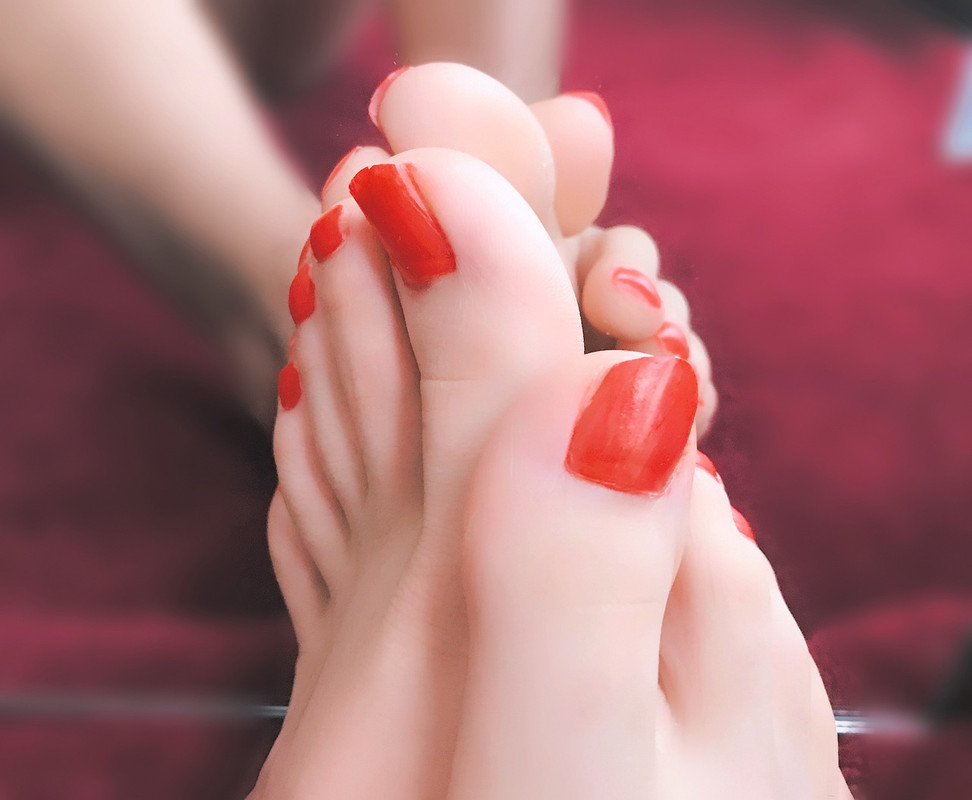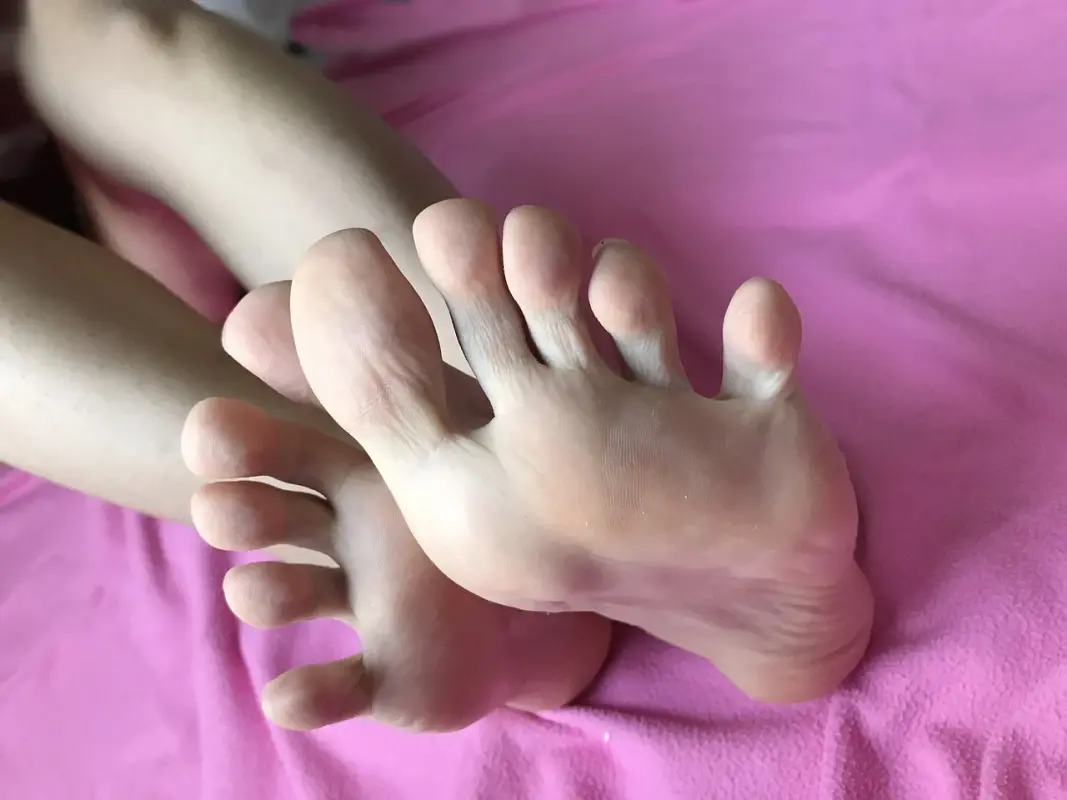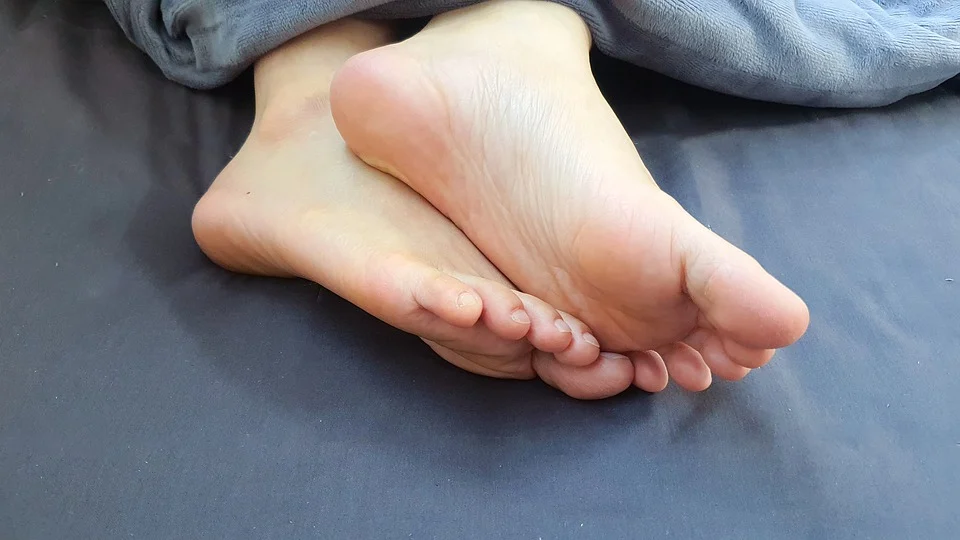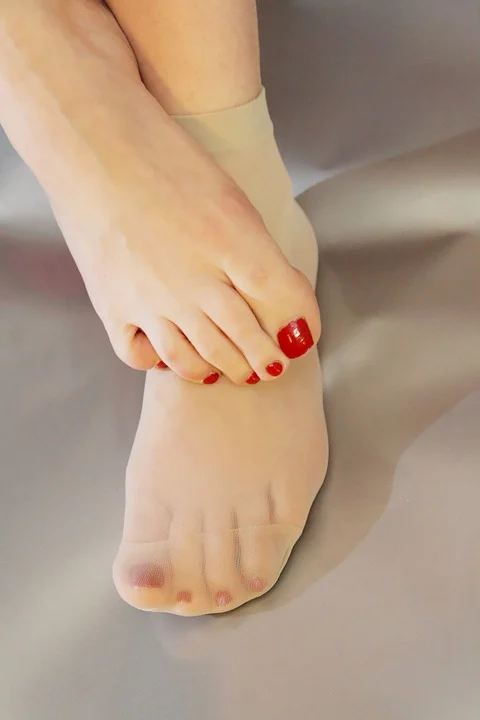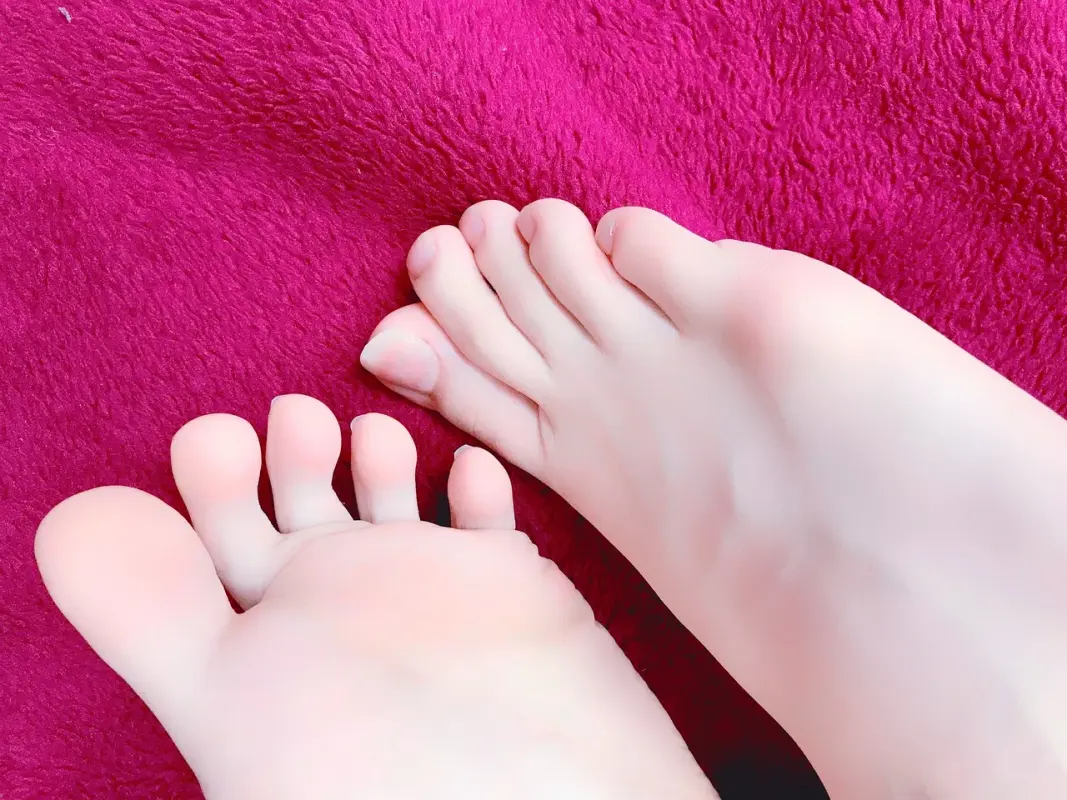|
Heal Pain Treatment: Effective Ways to Manage Pain and Heal Faster
Pain is an unpleasant sensation that we all experience at some point in our lives. It can be caused by injury, illness, or even emotional distress. When pain persists for a long time, it can become chronic, affecting our quality of life and daily activities. In this article, we'll explore the various treatment options available for managing and healing pain effectively. We'll cover the following keywords:
- What is Heel Pain?
- Causes of Heel Pain
- Symptoms of Heel Pain
- Risk Factors of Heel Pain
- Diagnosis of Heel Pain
- Treatments for Heel Pain a. Self-care b. Medications c. Physical Therapy d. Surgery
- Prevention of Heel Pain
- Frequently Asked Questions
What is Heel Pain?
Heel pain is a common condition that affects millions of people worldwide. It is often caused by inflammation or injury to the plantar fascia, a thick band of tissue that connects the heel bone to the toes. This condition is known as plantar fasciitis and is characterized by pain in the heel, particularly when standing or walking.
Causes of Heel Pain
There are several causes of heel pain, including:
- Plantar fasciitis
- Heel spurs
- Achilles tendonitis
- Stress fractures
- Bursitis
- Arthritis
- Tarsal Tunnel Syndrome
- Nerve irritation or impingement
Symptoms of Heel Pain
The symptoms of heel pain can vary depending on the underlying condition. However, common symptoms include:
- Pain in the heel, particularly when standing or walking
- Stiffness in the foot
- Swelling in the heel
- Redness or warmth in the affected area
- Sharp pain in the heel when getting out of bed in the morning
- Pain that worsens over time
Risk Factors of Heel Pain
Certain factors increase your risk of developing heel pain, including:
- Age: As you get older, the tissues in your body become less flexible, making them more prone to injury.
- Obesity: Excess weight puts pressure on your feet and can cause inflammation and pain.
- Poor footwear: Shoes that don't fit properly or lack proper support can contribute to heel pain.
- Overuse: Repetitive activities that put stress on your feet, such as running or jumping, can cause heel pain.
- Certain occupations: Jobs that require you to stand for long periods or lift heavy objects can increase your risk of heel pain.
Diagnosis of Heel Pain
If you're experiencing heel pain, your doctor will likely perform a physical exam and ask about your medical history. They may also order diagnostic tests, such as an X-ray or MRI, to determine the underlying cause of your pain.
Treatments for Heel Pain
There are several treatment options available for managing and healing heel pain. These include:
Self-Care
Self-care is often the first line of defense against heel pain. Here are some self-care techniques you can try:
- Rest: Avoid activities that aggravate your pain and rest your feet as much as possible.
- Ice: Apply ice to the affected area for 15-20 minutes, three to four times a day.
- Stretching: Stretch your calves and plantar fascia regularly to improve flexibility and reduce pain.
- Footwear: Wear shoes that fit properly and provide adequate support and cushioning.
- Weight loss: If you're overweight, losing weight can reduce the pressure on your feet and alleviate pain.
-
Medications
Over-the-counter pain relievers, such as ibuprofen or acetaminophen, can help alleviate pain and reduce inflammation. Your doctor may also prescribe stronger pain medications or steroid injections to manage more severe cases of heel pain.
|




